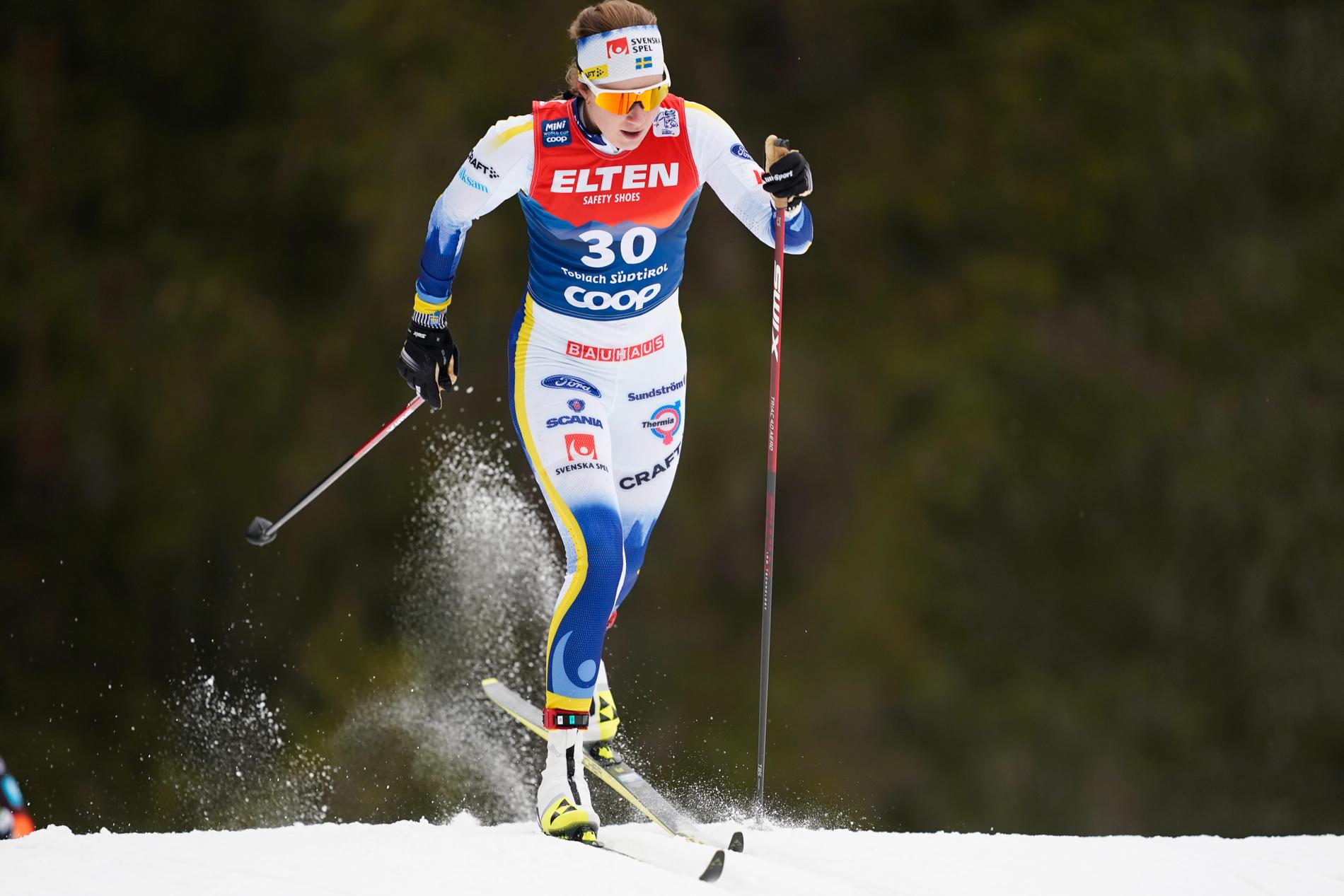It is hours later when my cell phone rings. The new year is just fifteen minutes old. “Do you want to come to the hospital immediately?” says the intensivist on duty. I startle as fireworks explode outside. “Yes,” I murmur. When I arrived at the intensive care unit, I was updated by the ICU doctor: ‘There was a drop in blood pressure, we suspected bleeding. The radiologist did an ultrasound of the liver, and there indeed appears to be bleeding in the upper liver capsule. The bleeding has already been remedied by injecting a fluid through the bloodstream, but his already weak heart has suffered greatly from the drop in blood pressure. He’s deteriorating quickly.’
‘Sorry’
It is a meticulous report, not accusatory. Still, my stomach turns three times. The walls are closing in on me, very fast. The bleeding is exactly where I had the first injection and the diagnosis was immediately clear to me: I hit the liver capsule. I repeat that at least three times and then turn around. I quickly walk to the patient in the ICU. He looks miserable. Pale. Grey. I see his wife and take her hand. ‘Sorry.’ I almost scream. ‘Damn.’
I look at her. Through my closed eyelashes I see her horrified eyes. The light from the fireworks outside reflects on her face. There are loud bangs. She still holds my hand and I feel her squeeze tighter as she cries. I sit down next to the man and take his hand too. And so I sit there for twenty minutes, while the explosions outside slowly make way for silence.
I visit him in the cardiac department every day until the bed is empty on the third day of the new year. He is deceased.
Exceptional
An emergency report and an investigation will follow. I am having discussions with the emergency committee. The radiologist reports: ‘The photo indeed showed a massive amount of fluid, but afterwards it turned out that the liver had expanded so much that it was much higher than normal.’ “Exceptional,” he adds to his report.
The final report of the emergency committee mentions a conclusion that I do not find very important: ‘Even without a complication, death was most likely unavoidable in the short term.’ The emergency report is completed after the inspectorate has taken a critical look. From now on we will only inject these types of infusions using ultrasound guidance. I feel very miserable. Everything that has happened has had a much bigger impact on me than I thought possible; it leaves scars, even though I know the man was beyond saving and that my intentions were good. I make the only appointment that is really necessary right now. Not with the inspection, not with the emergency committee, but with his wife. On neutral ground, in the GP’s practice.
Spare time
It is early February when I go there, with a stone in my stomach. It is cold and foggy when I drive down the country road. I stop for practice. The waiting room is empty. The GP, whom I have never met in real life before, is quietly waiting for me in his consultation room.
The woman sits opposite him. She looks at me briefly. “Sit down,” she says. I feel uncomfortable. I was incredibly dreading this. She has a calm look, watches me and starts talking. ‘It’s nice that we are here together. I’d like to tell you something. I knew all along that he would die. He realized that himself. Spare time, he always said. Maybe you shouldn’t have even intervened, because his departure was certain. You did what you were asked and had to do. And I realize it so well: it is human work. Unfortunately it went wrong. But the fact that you came every day, the fact that you admitted your mistake, the fact that you were and are there literally and figuratively, that gives me so much peace and satisfaction.’
‘It is well’
We talk for an hour and a half. After the emotional conversation she stands up. Her hand grabs me tightly for the second time. She leans towards me and then whispers very softly in my ear, ‘Thank you.’ Then she gets up, turns around and walks to the door without another word.
Together with the doctor, I watch her from the window. We drink a cup of coffee. When the garden gate slams shut in the misty winter evening and she crosses the street alone, the lonely image makes me emotional. Then the doctor says softly: ‘It’s okay. That’s fine.’ It is nice, warm, collegial support.
‘Months full of hope and despair have preceded this moment’ Read also
2023-12-30 09:03:27
#stomach #turns #bleeding #pricked


